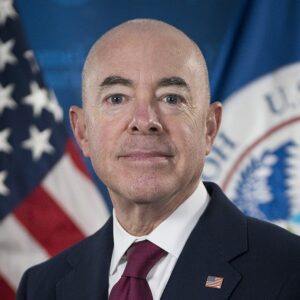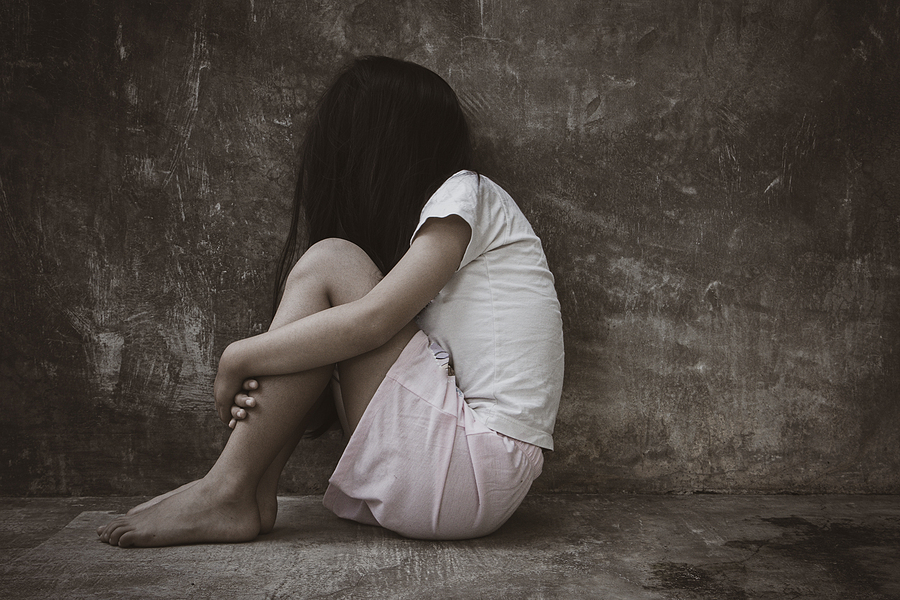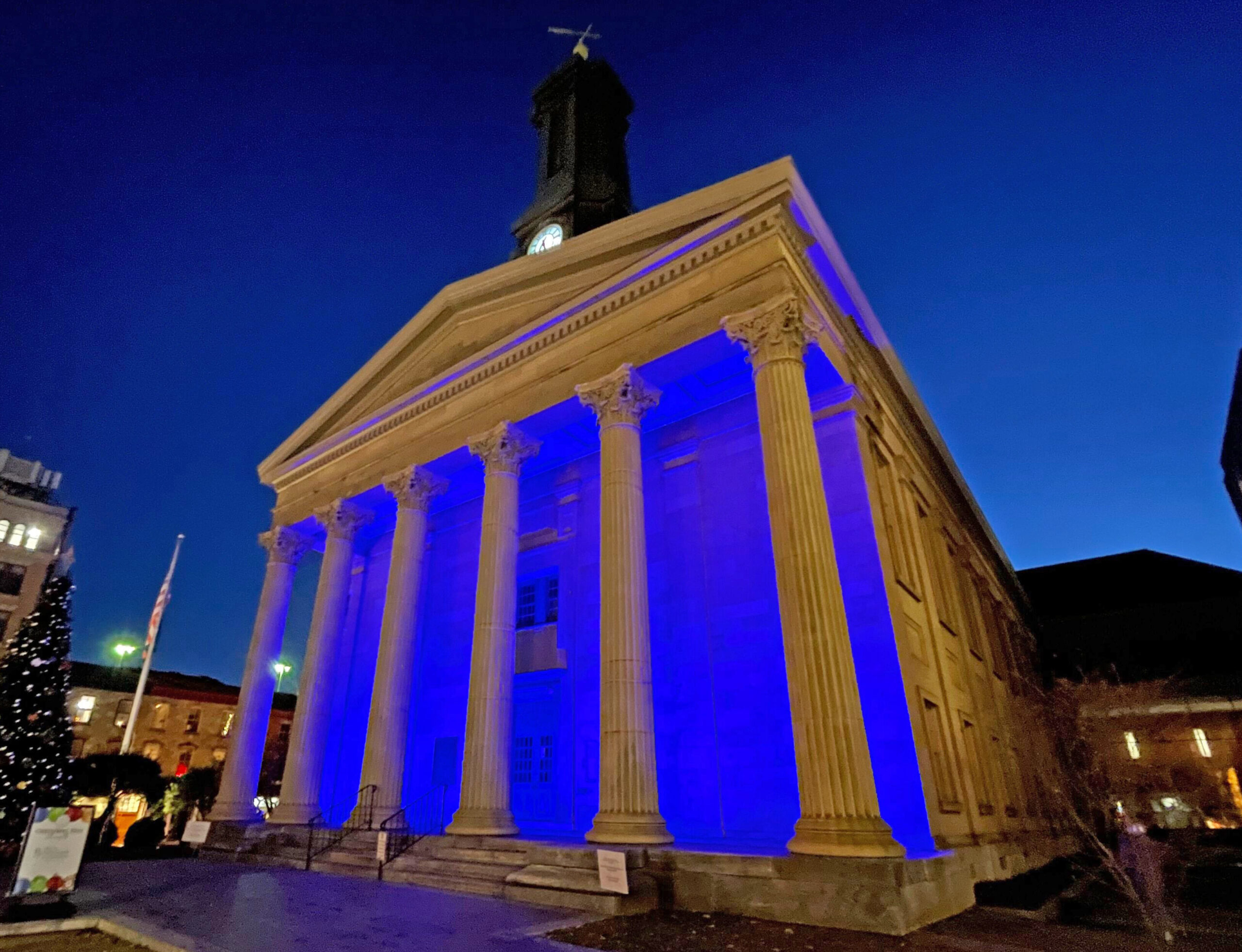VAUGHAN: DHS Secretary Gives Lip Service to Fighting Human Trafficking

Each January, law enforcement agencies and advocacy groups mark National Human Trafficking Prevention Month to focus public attention on this horrific crime and its devastating effect on victims. The Department of Homeland Security is about to wrap up its annual “Blue Campaign,” which focuses almost entirely on increasing public awareness of trafficking and reporting it to authorities.
This is a laudable effort, but it is tragically undermined by the reality that DHS Secretary Alejandro Mayorkas happens to be one of the most significant enablers of human trafficking. The mass migration crisis triggered by reckless open border policies that Mayorkas put in place has caused incalculable harm not only to American communities and the integrity of our immigration system but also, tragically, to many of the migrants themselves, who are lured into the clutches of traffickers.
For this reason, Mayorkas is now facing impeachment proceedings in the House of Representatives for high crimes and misdemeanors, including refusal to comply with the law and breach of public trust.
As a result of the Mayorkas policies, incidents of border-related human trafficking have exploded. Law enforcement agencies nationwide report a significant spike in incidents of labor and commercial sex trafficking involving non-citizens — and particularly cases involving minors.
Historically high numbers of undocumented migrants, enticed by the Biden administration’s policies, are smuggled across the border by transnational criminal organizations. This is facilitated by government agencies and contractors who funnel them through lenient processing with little vetting and then resettle them while turning a blind eye to the abuse and exploitation occurring under their watch.
Just last month, Tennessee investigators busted a commercial sex trafficking ring operating out of a Super 8 Motel in Murfreesboro. The accused ringleader, a 50-year-old Venezuelan woman, enslaved women from South and Central America after enticing them into the United States — an enterprise that would be much more difficult without policies that have allowed tens of thousands of migrants from Venezuela and other countries to enter without visas.
From the start, Mayorkas and his colleagues began dismantling an array of policies that had succeeded in controlling the years-long wave of undocumented migrants exploiting our dysfunctional asylum system and court rulings mandating the release of minors and those arriving with minors into the country.
Most problematic are the policies that virtually guarantee the release of the unaccompanied minor to a sponsor in the United States. More than 100,000 such minors have been released to a sponsor in each of the last three years — more than double any prior year, with the largest number arriving in Texas, Florida and California. Smugglers persuade parents, primarily in Central American countries, into sending their children in pursuit of a “better life,” often resulting in forced labor debt bondage in factories and on farms, or worse.
The federal government has lost track of at least 85,000 of these kids, according to government records, but has failed to change policies, much less embark on an effort to rescue these kids from their exploiters. The expectation is that state and local governments will step in to help them, but this is overwhelming state child welfare agencies and law enforcement agencies.
A grand jury investigation in Florida recently revealed that every year the state takes into custody about 400 migrant children who ran away from their federally approved sponsors.
To solve the problem, Congress must update immigration laws and rein in the executive policies that are incentivizing the mass illegal migration of adults and minors, leaving them vulnerable to trafficking. We must create an environment where migrants understand that there is no point in contracting with criminal smuggling organizations or labor traffickers to come here illegally because the result will be to be sent home promptly.
When immigration enforcement is restored, especially at the workplace, and when authorities work together to disrupt the criminal enterprises that exploit vulnerable migrants, then profits for the smugglers and traffickers will dry up. The government agencies will have a much greater ability to deal with a far fewer number of exploitation cases.
For their part, state lawmakers should update anti-trafficking laws to penalize those who profit from the exploitation of migrants — including employers. An expansion of E-Verify and enforcement partnerships with DHS agencies is needed, as are stronger “know-your-customer” laws for financial institutions to address identity theft and the laundering of money payments by smugglers and traffickers.
Preventing border-related human trafficking requires more than just clever hashtags and federal government platitudes. It requires new leadership and initiative at all levels to reverse the disastrous policies that have enabled the traffickers to flourish without fear of consequences.




